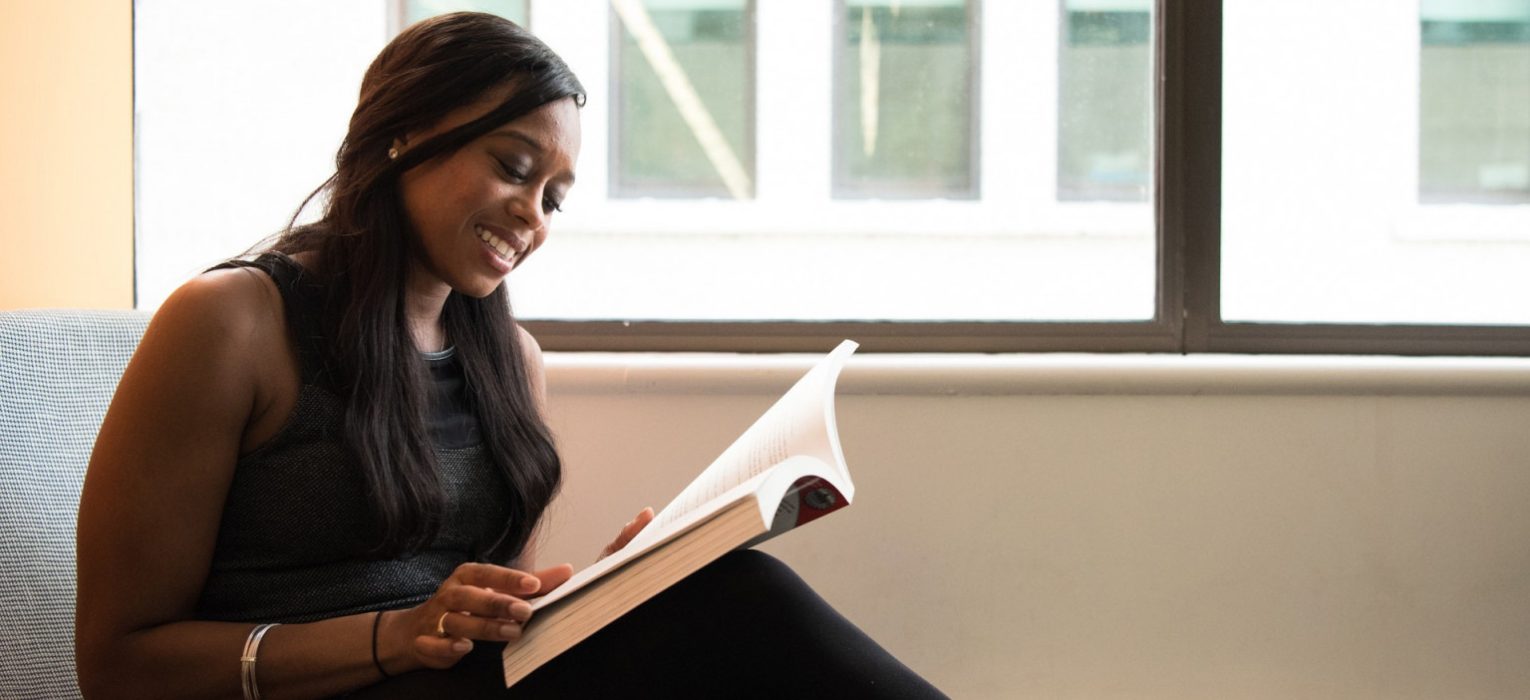In both fiction and nonfiction, the narrator affects how well the reader connects with a story, so choose wisely.
Readers often try to connect with stories on an emotional level, but various factors could influence that connection, including the narrator type. Natural narrators exist or could exist in the real world, and narratology researchers have been debating for a long time whether natural narrators influence readers’ connection to a story. Finally, we have some answers.
THE RESEARCH
In 2020, Jan Alber, Jessica Jumpertz, and Axel Mayer from the RWTH Aachen University and the University of Bielefeld conducted a study to gather empirical evidence to test their theories about natural narrators. In their article “How Professional Readers Process Unnatural Narrators: An Empirical Perspective,” Alber, Jumpertz, and Mayer gathered a group of thirty English students and had them read four stories with narrators of varying degrees of naturalness.
In order of most natural to most unnatural, the stories were narrated by a backpacking tourist in India, a hallucinating woman, a man reborn as a parrot, and a talking golden coin. After reading each story, the readers were given a survey asking them to determine the strangeness of the narrators and how well the readers empathized with the narrators.
After the researchers analyzed and compared the survey answers from each story, they found that the readers attribute the stories with unnatural narrators to be works of fiction. They also claim that “it was easier for our participants to sympathize or empathize with the natural (compared to the unnatural) narrators” (208). Additionally, the readers often mixed attributes of the story world with the real world in order to try to better understand the story; interestingly, the more unnatural the narrator was, the more the reader would mix the two worlds. In some way, all of the readers said that they were able to find relevance to the real world in all four stories.
“It was easier for our participants to sympathize or empathize with the natural (compared to the unnatural) narrators”
—Alber, Jumpertz, and Mayer (2020)
It should be noted, however, that the second story was found to be the most unnatural. Alber, Jumpertz, and Mayer believe that this unexpected reaction was due to the fact that the text was just an excerpt and the readers didn’t get enough of the full story to understand what was going on. Also, a word in the survey questions may have biased this result.
THE IMPLICATIONS
No matter what narrator is chosen for a story, readers are still able to draw out some form of relevance. The more human and natural the narrator is, the more readers can connect with the story. The less human and natural the narrator is, the more readers will feel a sense of strangeness. While none of the effects are inherently wrong, what matters is what effect the author is trying to have with their story and if the chosen narrator achieves that effect. Editors need to keep an eye out for these effects and edit accordingly. So, when writing or editing, choose your narrators carefully, being fully aware of what your narrator is doing to the reader.
To learn more about the effects the narrator has on the reader, read the full article:
Alber, Jan, Jessica Jumpertz, and Axel Mayer. 2020. “How Professional Readers Process Unnatural Narrators: An Empirical Perspective.” Scientific Study of Literature, 10, no. 2 (December): 193–213. https://doi.org/10.1075/ssol.19005.alb.
—Aidan Hill, Editing Research
FEATURE IMAGE BY CHRISTINA MORILLO
Find more research
Check out Megan Udall’s Editing Research article to find out how to make readers remember your writing better: “The Most Memorable Writing.”
Read Elizabeth Gallacher’s Editing Research article to learn more about writing engaging stories: “Diving into Creative Writing Technicalities.”





Dylan P.
I initially believed that this would be an article on appropriation. Very interesting insights!
Lauren Johnson
As someone who enjoys challenging myself to write from strange perspectives, I also try to keep this kind of principle in mind. While I can really stretch my capabilities when writing from unusual perspectives, the unusual perspectives aren’t always the most fun to read. The most popular books aren’t the ones with the most interesting or well-developed characters. They’re the books with the most relatable ones.